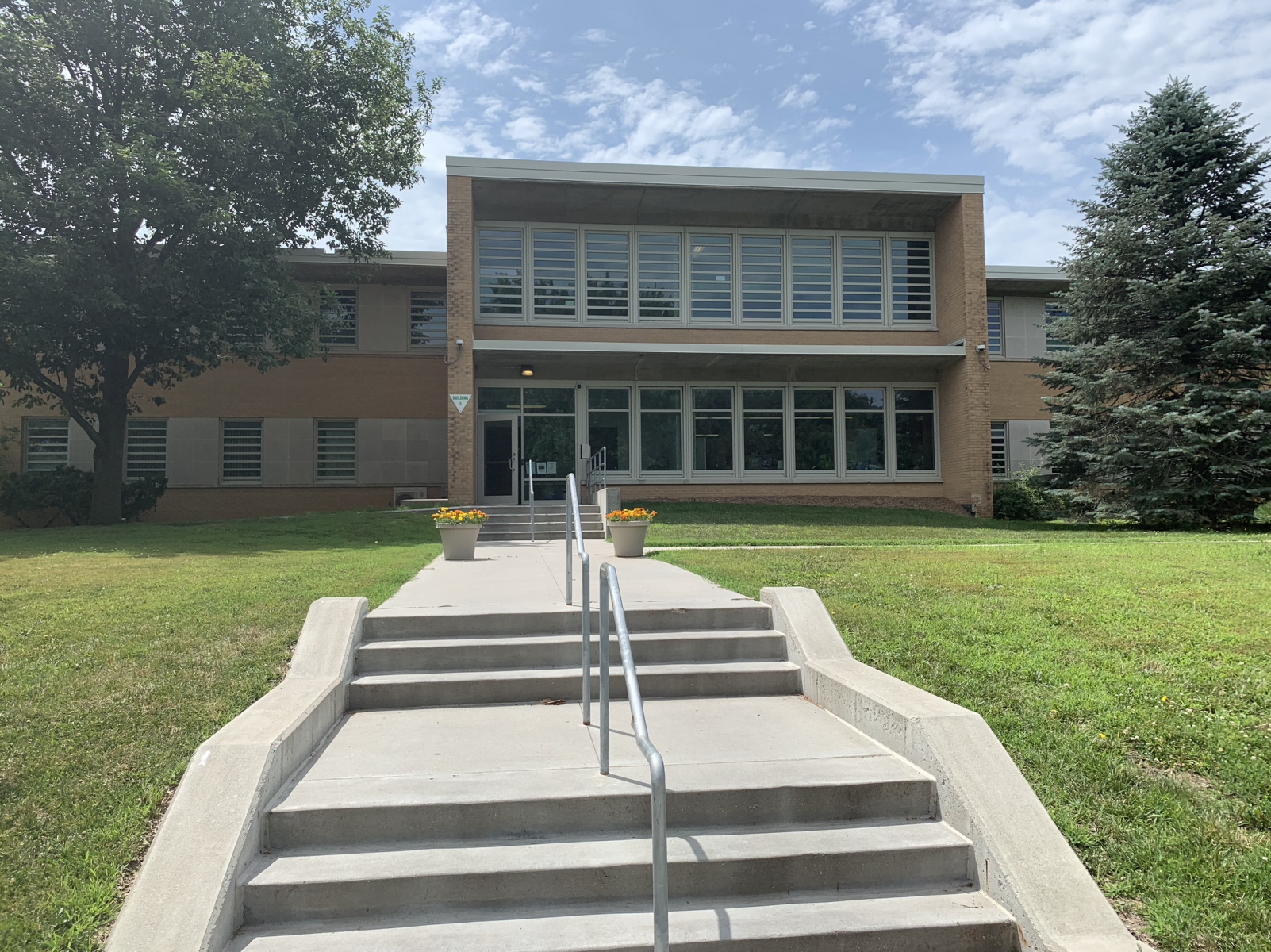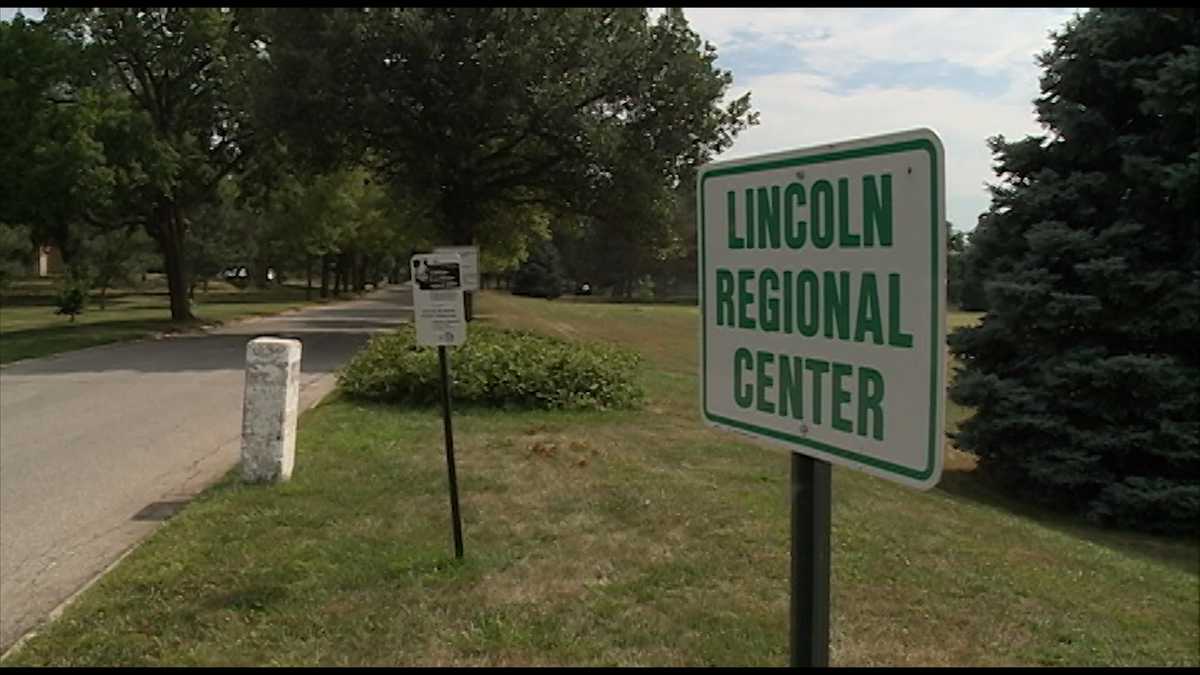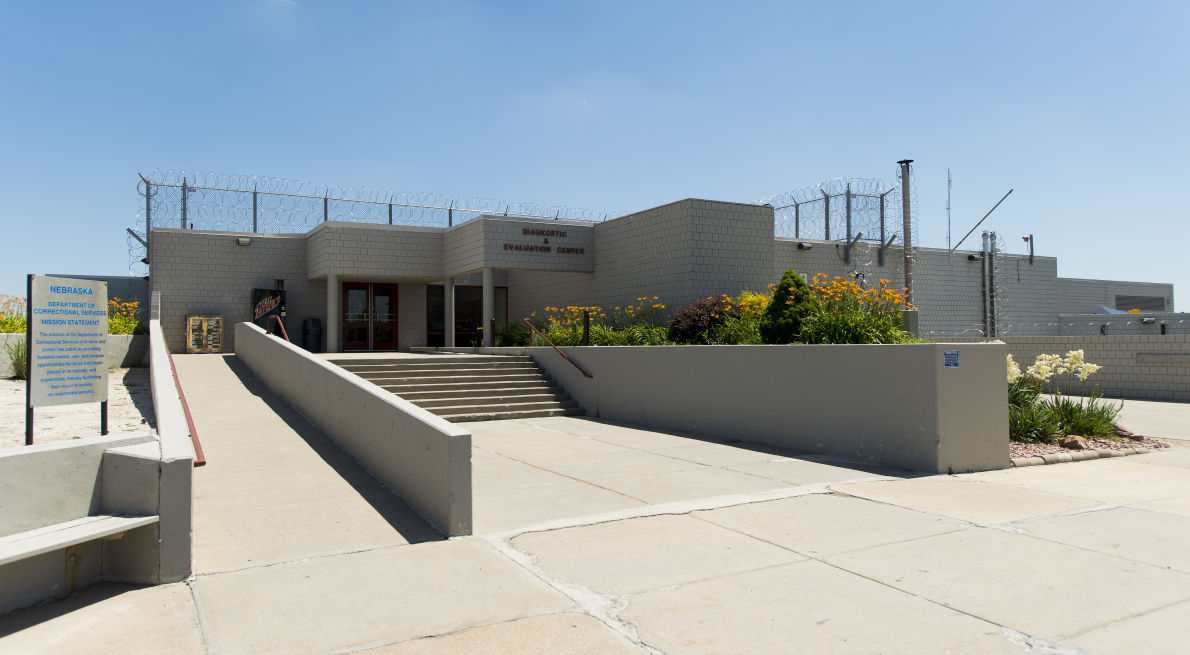In addition to psych-law curriculum and research opportunities, clinical students in the Law-Psychology Program are required to complete 20 hours a week of practicum. Through an array of placement sites, students gain extensive exposure to forensic populations, such as violent offenders, sex offenders, mentally ill inmates, forensic psychiatric patients, involuntarily committed sex offenders (aka, “sexually violent predators”), and adolescent sex offenders. These experiences include: 1) conducting risk assessments (criminal, violence, sexual violence), personality and intelligence testing, and legal competency evaluations; 2) generating integrative reports, parole evaluations, and treatment plans; and 3) performing individual and group therapy relevant to forensic populations (e.g., anger management, Violence Reduction Program, intensive sex offender programing, competency restoration). Additionally, many of our practica offer professional trainings for employees that externs may attend for free, including: treatment considerations for psychopathy and substance abuse, risk assessment protocols (e.g., HCR-20: V3, Static-99R, STABLE), and empirically supported treatment seminars (e.g., dialectical behavior therapy). More extensive descriptions of our practicum sites are provided below.
TRAINING SITES |
|
Lincoln Regional CenterNebraska Department of Health and Human Services
|
The Lincoln Regional Center (LRC) is a state psychiatric hospital. The LRC campus houses several units that provide unique psychiatric services to various populations. We currently have placements at the Forensic Services Unit and Residential Sex Offender Services Unit. Additionally, externs have the option to gain experience at the Whitehall campus, which houses a residential adolescent sex offender treatment program. Forensic Services UnitPopulation
Extern Duties
Sex Offender Services UnitPopulation
Extern Duties
|
Diagnostic and Evaluation CenterNebraska Department of Correctional Services
|
The Diagnostic and Evaluation Center (DEC) is a maximum security intake facility for the Nebraska prison system. The DEC is responsible for the evaluation, classification, and assignment of all new inmates in the state who have been convicted of a felony. Population
Extern Duties
|
Nebraska State PenitentiaryNebraska Department of Correctional Services
|
Population
Extern Duties
|
Public Policy CenterUniversity of Nebraska-Lincoln
|
The Public Policy Center (PPC) is a university research center that aims to connect applied research to public policy and practice. The PPC conducts a wide range of projects with implications for local, state, and national policy. In recent years, the PPC has devoted research efforts to enhance emergency response to natural disasters, train K-12 educators throughout the state on threat assessment and school safety, and understand the overlap between suicidal and violent behaviors. Research projects within the PPC are conducted among a diverse array of settings including the local Lincoln community, college and university campuses, workplaces, locations of natural disasters, and military settings. Extern Duties
|




